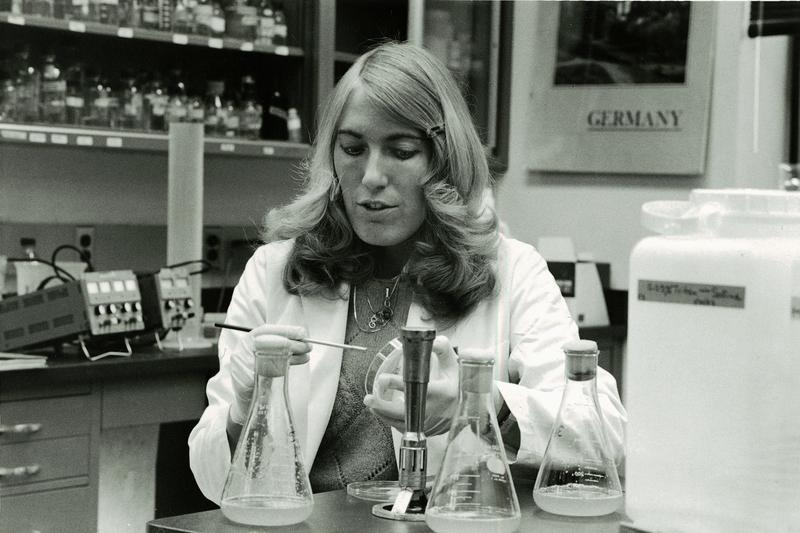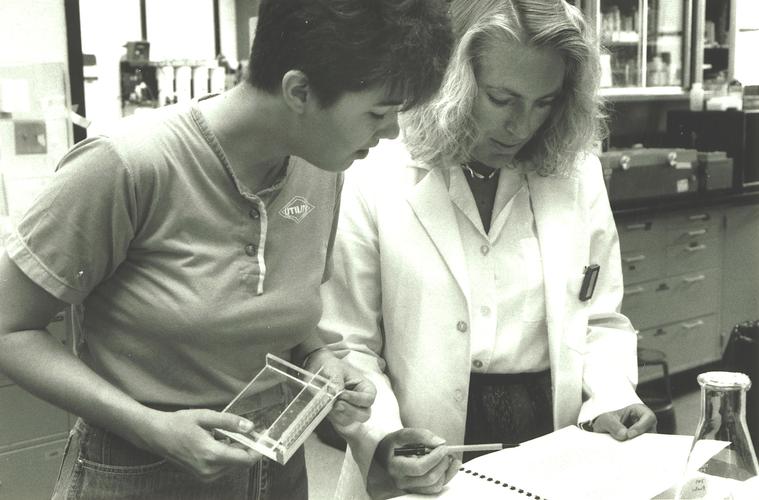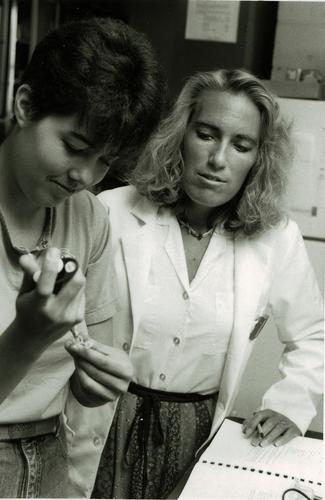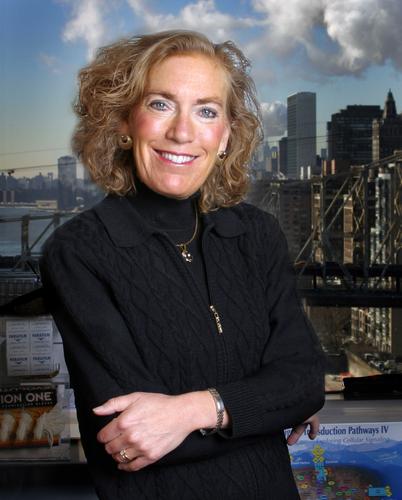Skin may seem like a basic component of our biology, but when Elaine Fuchs began studying it in the 1970s, almost nothing was known about the underlying mechanisms of how and why it grows the way it does. Her work rapidly changed that state of affairs, and continues to do so today.
First she identified and characterized keratins–tough fibrous proteins that form the scaffolding of mammalian skin. These proteins are responsible for the strength and flexibility of human skin, and are part of what help it heal after injury or illness. After identifying and successfully cloning the genes responsible for keratin production, Fuchs pinpointed the mutations responsible for five different human skin diseases, including some truly nasty and deadly players.
Next came her groundbreaking work on adult skin stem cells. Those remarkable cells are what produce the epidermis, hair follicles, and sweat glands that we depend on throughout our entire lives.
Many people have heard about stem cells as holding the possible keys to a revolution in regenerative medicine. Fuchs sees that promise, but reminds us that “we must first learn more about stem cells before we can know whether this might be possible.” She and her team have spent a lot of time working on doing just that.
Her work has slowly but surely unraveled the mystery of what makes adult skin stem cells tick, unlocking the process by which they heal wounds, grow new tissue, and regenerate themselves. She has also begun to shed light on how and why those processes go awry in cancers.
Her insights have already led to techniques to regrow corneal cells to restore vision in people who have suffered chemical burns to their eyes. Given how much she has already accomplished, it is entirely possible that one day she will uncover a key principle that will allow us to regenerate entire damaged organs.
Fuchs has always been an enthusiastic mentor and speaks openly about the need for senior women in the sciences to encourage those just starting out. “There is still substantial room for the scientific community to grow in the realization that, by opening the door to women, it is going to raise the level of scientific excellence,” she says. “As women continue to make their way…at all levels and in greater numbers, we will continue to see a rise in the creativity, reflection and breadth of thinking that is so necessary to move science forward.”










